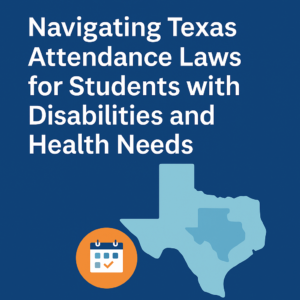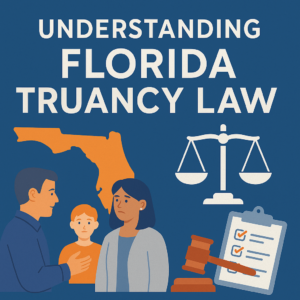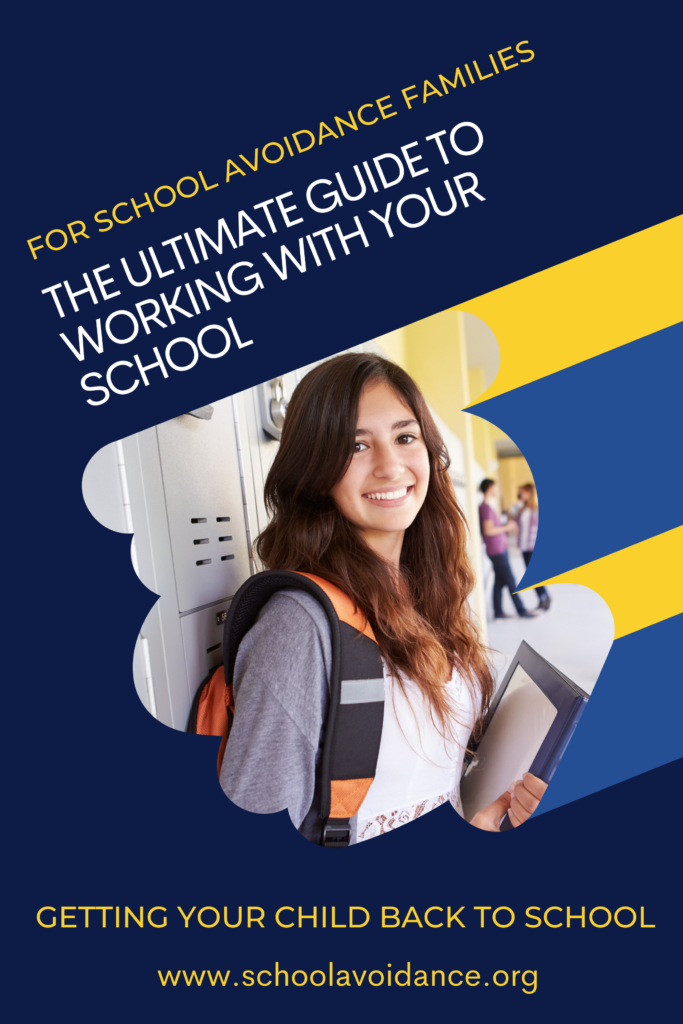This is a good piece put together by Lauren J. Hoffman, PsyD and Steve Mazza, PhD from Columbia University’s Department of Psychiatry.
1. Take care of yourself & Model coping
Children and teens learn more from their parents’ actions than their words. If you want your youth to cope well, make sure that you cope well!
Model taking care of your health by following CDC guidelines regarding handwashing, social distancing, etc.
Exercise, meditate, eat well, connect with friends, and find some quiet in whatever way is feasible for you.
Practice self-care so that you have the emotional bandwidth to effectively respond to your children’s anxiety, boredom, or sadness and so that you show them how to cope with distress in healthy ways.
2. Limit access to news
Ask youth directly how they’re feeling and if they have any questions. It’s better for them to come to you with their concerns rather than getting stuck in their heads or turning to Google or friends who might not be informed.
Limit Googling and stick to trusted sources, such as the CDC and WHO websites, for information. Review these sites together and discuss what you learn.
Turn off news notifications so you and/or your child can control when you check the news, rather than feeling constantly vigilant or bombarded with updates when you’re trying to focus on work, friends, or relaxing.
3. Normalize anxiety
We all feel anxious right now. Anxiety is our body’s alarm system, alerting us to danger or threat. Right now, our alarms should be going off a bit! It’s okay to feel anxious – that’s your alarm system working for you and encouraging you to take proper precautions.
Remember that anxiety can cause physiological symptoms, such as heart racing, trouble breathing, headaches, and stomachaches. Those symptoms are uncomfortable and unpleasant, but safe and will pass with time. Your body is not meant to experience those sensations forever – they will come down.
Naming the feeling brings it outside of yourself, reduces its influence over you, and normalizes the experience.
4. Validate anxiety, disappointment, and frustration
Of course you and your children feel anxious, worried about yourself and/or loved ones, disappointed about cancelled events, or lonely. There are real stressors and changes in our lives right now and it makes sense to have a reaction to them.
Validate your child’s experience by expressing that you understand their emotions and that their response makes sense given the circumstances.
For all of us, responses such as, “You’re overreacting,” “Just relax,” “There’s no reason to be upset,” etc. lead us to become even more upset, anxious, or angry.
When a child (or adult) feels heard and understood, they are more receptive to receiving feedback and suggestions. Validation improves open communication and often leads to emotional relief, as well.
Examples:
Invalidation: “You’re young, you’re safe, so why are you nervous? You’ll be fine.”
Validation: “I understand that this is tough. You’ve never experienced something like this. It makes sense to feel a bit nervous about everything going on.”
Invalidation: “You always want to play more games! We played Battleship three times already today. Don’t you get bored of it too?”
Validation: “I get it – it’s fun to play games and it gets boring spending all day inside. It must be hard since I’m home, but working in my office, and can’t spend as much time with you as we would both like.”
Invalidation: “What’s the big deal? Your performance (graduation, college trip, sports game) will get rescheduled. People are dying out there – this doesn’t really matter.”
Validation: “It must be tough having something so important to you pushed off. I would be disappointed too.”
5. Encourage Activity
Kids (and adults) may feel lethargic, fatigued, and less motivated to engage in their usual activities when inside most of the day and not moving much.
Daily movement is essential to avoid increases in depressive symptoms and low energy.
Activities can include taking a walk, doing jumping jacks at home, jump rope, yoga, pushups, sit-ups, dancing, playing tag, and any other forms of movement.
6. Shift Perspective
There’s so much that is unknown and outside of our control right now. Shift focus towards what you do know and what you can control instead.
Make a list of all the things you do know:
This is temporary.
My family is healthy and taking all necessary precautions.
Young people are unlikely to get very sick.
I will still see my teachers and classmates via Zoom.
Make a list of the things you can control:
Washing your hands and practicing social distancing
Setting up hangouts over FaceTime
Taking walks outside
Anxiety can distort our thinking and facilitate jumping to conclusions and catastrophizing. Check the Facts by asking questions such as:
“What’s most likely to happen?”
“What evidence do I have for this worry?”
“What else might happen?”
7. Facilitate “distant socializing”
Encourage youth to keep in touch with friends and family via FaceTime or Zoom. Get creative with games to play or other activities. Ideas below:
Watch Netflix with friends or family: https://www.netflixparty.com
Digital games to play with others:
Connect Four: Connect Four (Online game for 2 players)
Battleship: Battleship (free online game for two players)
Cube Ball: https://www.cubeslam.com/sfewqp
Non-digital games
Word Guess (Hangman)
Charades
Pictionary
20 Questions
Eye Spy (in your Webcam)
Rock Paper Scissors
8. Maintain Normalcy and Structure
Stick to regular routines (consistent wake up/bed times) and encourage typical activities as much as possible (e.g., band practice or club meeting via Zoom).
Get input from kids on creating the daily/weekly schedule (e.g., “When should we take a walk outside?” “Should we FaceTime Grandma before or after dinner?”).
It’s okay if you’re not the color-coded schedule type of family! Your kids will still learn, grow, and benefit from time with you. A regimented day is no replacement for love, affection, and genuine relationship-building activities.
9. Contribute to others
Shift your focus off of yourself and your own circumstances by thinking about others who may be suffering and those who are helping you. Some examples:
Donate to a local charity
Spread information about ways to support those in need
Express appreciation to doctors, nurses, other healthcare workers you know
Say a big thank you to your doorman, package staff, grocery store clerk, delivery person, etc.
10. Coping skills for managing high anxiety:
Tense and Release: Tense and Release
Take a Mental Vacation: Relaxing Beach
Calm Breathing: Calm Breathing or 2 min Breathe Bubble
Exercise
Listen to music
Use your mind for something other than worry: read a book, do a crossword puzzle, play a game with someone else
Splash cold water on your face
Squeeze ice cubes
Activity Ideas:
Science Mom: science demonstration videos for elementary aged kids
Virtual Field Trips:
Virtual tour of a museum:
Watch a Broadway show:






